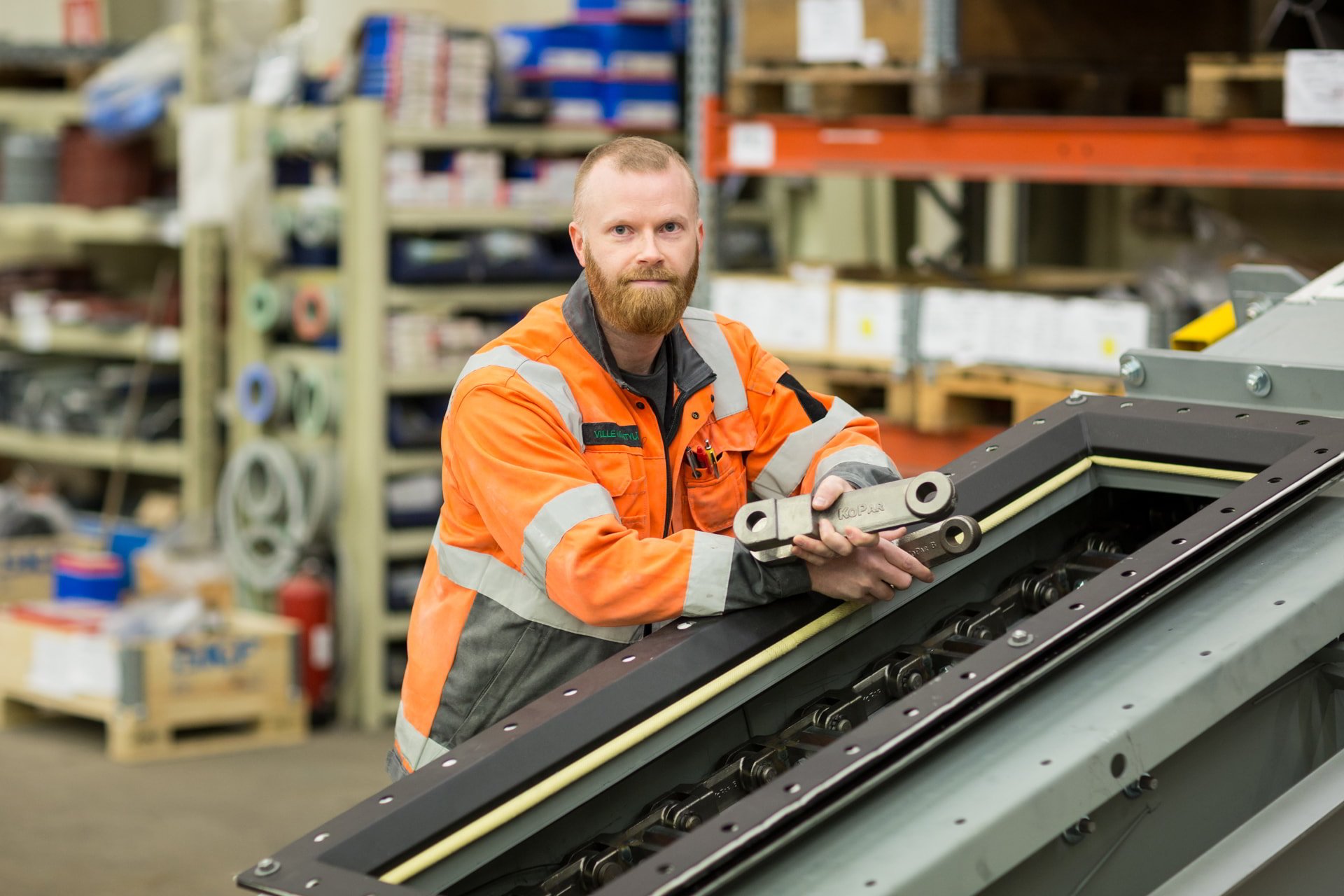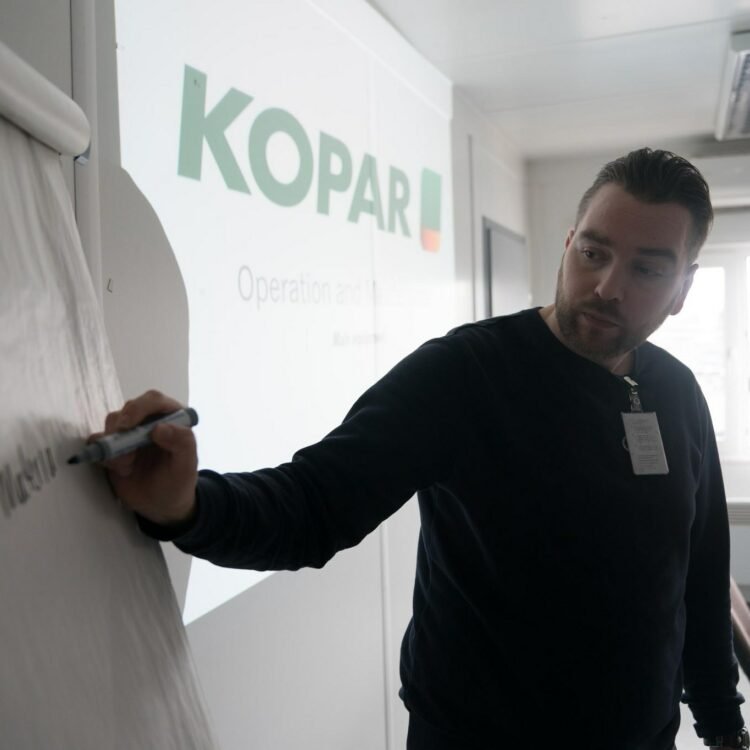Optimizing Operational Efficiency with Advanced Mechanical Conveying Systems
Operational efficiency is a critical aspect of contemporary industry. At the core of this efficiency are mechanical conveying systems, which offer a consistent and reliable means of moving bulk materials. These systems are engineered to withstand the rigorous requirements of a wide range of sectors, ensuring seamless material transfer with minimal disruption and optimal productivity.
In the sphere of mechanical conveyance, the focus on innovation and reliability is paramount. A system capable of managing the most challenging materials while also reducing energy use and prolonging equipment lifespan represents a significant advancement for any operation. This not only enhances the efficiency of the industrial process but also supports a more sustainable and eco-friendly method of material management.
Tailored Solutions for Varied Material Management Requirements
Different sectors have distinct material management needs. Therefore, customization is crucial in developing a mechanical conveying system that meets specific operational requirements. By customizing each system, it's possible to fine-tune material management, regardless of the material's characteristics. This bespoke approach ensures that every component of the system operates in unison to achieve superior outcomes.
The capacity to design and produce equipment that is not just of high quality but also tailored to the task at hand offers a considerable advantage. It means that each system is more than a one-size-fits-all solution; it's a strategic tool that boosts the overall efficiency and output of the production process.
Improving Durability and Minimizing Maintenance
The true expense of industrial equipment lies not only in its purchase cost but also in the costs of maintenance and operation. Mechanical conveying systems that are durable and require less upkeep provide a substantial return on investment. By prioritizing durability and maintenance simplicity, these systems lower the total cost of ownership and keep production lines running smoothly, avoiding expensive interruptions.
Furthermore, the focus on equipment longevity and reduced maintenance aligns with the objective of lessening environmental impact. Equipment that lasts longer means reduced resource consumption over time, and infrequent maintenance means less energy and materials are needed for repair and replacement work.
Embracing Sustainable and Efficient Technologies
The industrial sector is becoming more conscious of the importance of sustainable practices. Energy-efficient mechanical conveying systems not only reduce expenses but also aid in the eco-friendly transformation of industrial operations. By incorporating cutting-edge technologies and innovations, these systems play a crucial role in diminishing the environmental footprint of material management activities.
Sustainable material management also entails the judicious use of resources and a dedication to minimizing waste. State-of-the-art mechanical conveying systems are designed with these ideals in mind, ensuring they make a positive environmental impact while upholding top performance standards.
Specialized Expertise in Managing Challenging Materials
Some sectors are tasked with the transport of materials that are particularly challenging. These materials may be abrasive, corrosive, or extremely hot or cold, posing a significant challenge for any conveying system. Specialized knowledge in this domain is vital, necessitating a comprehensive understanding of both the materials and the technologies capable of moving them efficiently.
A company with a solid history of managing such challenging materials offers invaluable experience. This expertise guarantees that the conveying systems are not only equipped to handle the most demanding tasks but also do so with the highest levels of efficiency and reliability.
Pioneering Development and Forward-Thinking Innovation
In the fast-paced world of industry, the ability to evolve and innovate is crucial. Ongoing advancements in mechanical conveying technology mean that systems are perpetually improving, becoming more effective, and delivering enhanced performance. This dedication to progress keeps companies at the industry's leading edge, prepared to tackle the challenges of the future.
Innovation also involves anticipating the industry's future requirements. By remaining at the forefront of material management technology, companies can ensure that their systems not only meet current needs but are also scalable and flexible for future developments.

You have a challenge that needs solving?
Let us help! Contact us for more information about our products and services.
